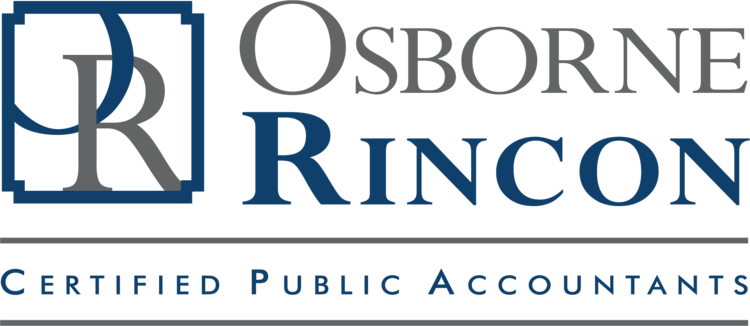By: Tatyana Kuperstein, Staff Accountant
Filing taxes requires a clear understanding of whether an activity is a hobby or a business. The fundamental difference lies in their purpose: businesses aim to generate profit, while hobbies are pursued for pleasure or recreation. This distinction has significant tax implications, as hobby expenses may be deducted only to the extent of hobby income.
When individuals receive payments through apps such as Zelle of Venmo for goods and services, regardless of whether the activity is a hobby or a business, they might get an IRS Form 1099-K for those transactions. These payments are considered taxable income and must be reported on federal tax returns.
Weighing Out the Factors
Determining whether an activity is a hobby, or a business involves evaluating various factors. No single criterion is decisive, so a comprehensive review is necessary. Taxpayers should consider the time and effort invested in the activity to determine if there is an intention to make a profit. If substantial time and resources are devoted with the expectation of financial gain, the activity is more likely to be classified as a business.
The activity’s profitability over the years is another crucial factor. If the activity generates profit over a period of years, even if occasionally, it suggests it is a business. On the other hand, consistent losses may indicate a hobby. Understanding the reasons behind any losses – whether they are due to factors beyond one’s control or are typical for the startup phase of a business – is also essential in making this distinction. Evaluating whether future profits can be anticipated from the appreciation of assets used in the activity also helps in this determination.
Modifying operational methods to improve profitability reflects a business mindset. A willingness to adapt and refine strategies to achieve financial success is a characteristic of business operations. Conducting the activity in a businesslike manner, with complete and accurate recordkeeping, is another indicator of a business.
How an Experienced Tax Advisor Can Help
The expertise and knowledge of the taxpayer and their advisors play a critical role in this determination. Proficiency and informed decision-making are crucial components of successful business operations. Dependence on income generated from the activity is another consideration. If the income is necessary for the taxpayer’s livelihood, it strongly indicates a business.
Navigating the distinctions between hobbies and businesses is vital for accurate tax reporting. By considering all relevant factors and maintaining diligent records, taxpayers can make informed decisions and comply with IRS requirements. For personalized advice tailored to your specific situation, consulting with a CPA can provide clarity and guidance. Our CPA firm is here to assist you with all your tax-related needs, ensuring you stay compliant and make the most of your financial activities.
Tatyana Kuperstein graduated from the University of Foreign Languages in Ukraine in English and French in 1994. She also graduated from the University of Business with a diploma in Business Administration and a key focus in Accounting. Tatyana furthered her education in 2014 by graduating from the College of the Desert with a certificate in Accounting. Prior to Osborne Rincon’s merger with Lund & Guttry, Tatyana worked as a Staff Accountant I with Lund and Guttry CPA.
